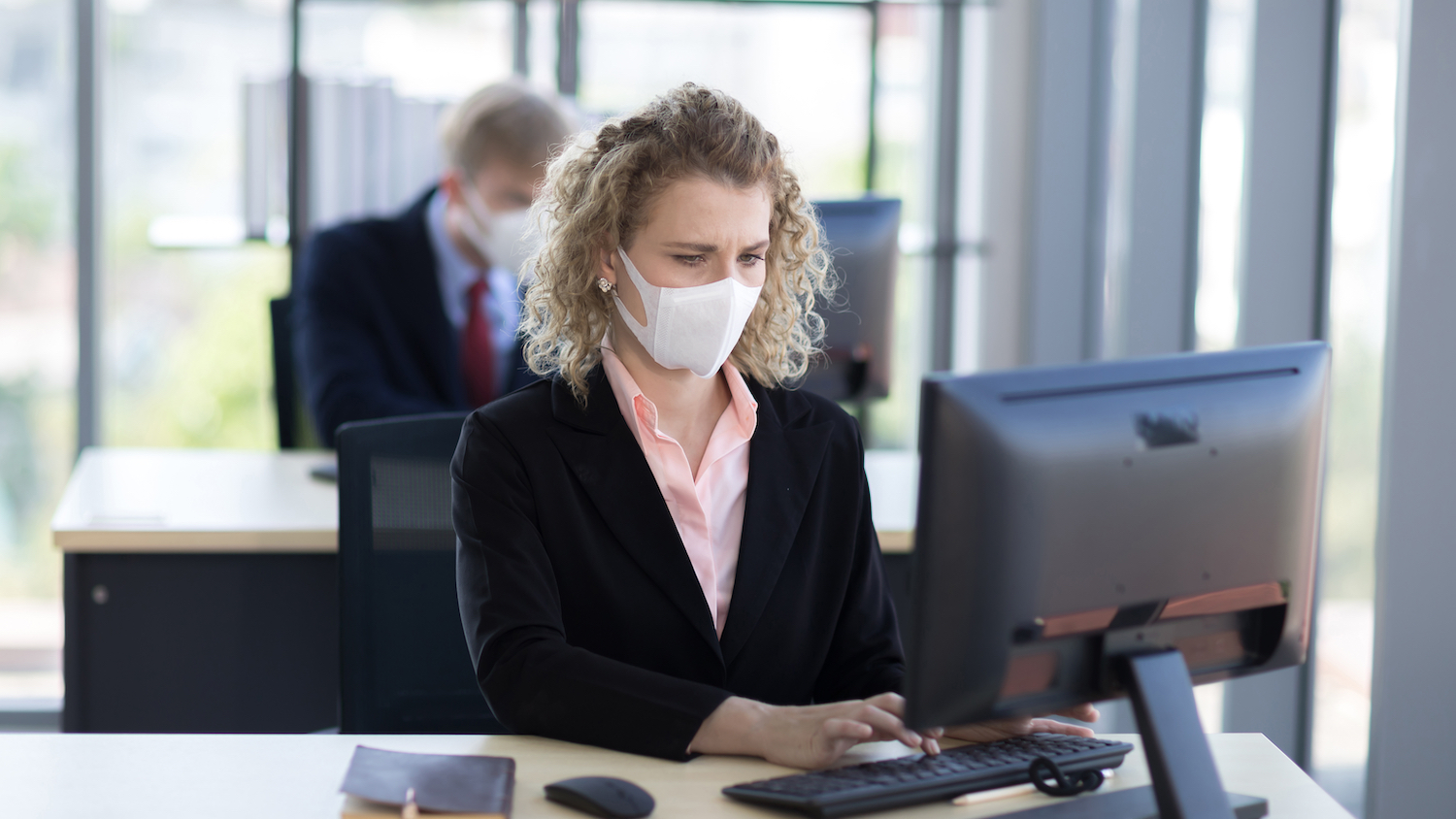
As local governments prepare for the new normal of physical health safe guards such as temperature checks and additional cleaning, they also need to consider how best to monitor and support employees mental health.
Experts believe that in the COVID -19 environment workplace mental health injuries will rise, and that the psychological impacts will be felt for years. Managing the mental health risk during this time means employees will have better capacity to fulfil their roles and potential harm to health is reduced.
What psychosocial hazards arise from COVID-19?
Safe Work Australia defines psychosocial hazards as follows:
"A psychosocial hazard is anything in the design or management of work that causes stress. Stress is the physical, mental and emotional reaction a person has when we perceive the demands of their work exceed their ability or resources to cope. Work-related stress if prolonged or severe can cause both psychological and physical injury. Stress itself is not an injury".
Examples of potential psychosocial hazards (risk factors) arising from COVID-19 include;
Work related
- Exposure to physical hazards and poor environmental conditions
- Increased work demand
- Exposure to violence, aggression, traumatic events and discrimination
- Low support and isolated work
- Increased emotional distress
- Poor organisational change management
- Poor workplace relationships
Non-work related
- Financial stress
- Balancing work and caring responsibilities
- Concern for vulnerable family members/friends
- Change and uncertainty
- Personal relationship stress
- Domestic or family violence
What strategies can my local government use to support employees mental health?
1. Maximise protective factors and minimise / manage the impact of risk factors.
You should manage psychosocial risks in the same way as physical risks, utilising a risk management approach including - Identify, Assess, Control, Monitor & Review
Aim to maximise protective factors within the workplace, that help give employees the skills and support to deal with challenges. Examples include;
Organisational
- Senior management commitment: Speak openly about mental health in the workplace, and actively endorse and participate in activities to reduce stigma
- Managers / supervisors support
- Policy and training: Make sure that all workplace behaviours policy and training is up-to-date.
- Open and transparent communication
- Effective change management
Individual
- Enhancing personal resilience :Provide information on self-care, positive coping strategies and resilience
- Healthy coping skills
- Physical activity and eating well
- Access to and support networks
- Coaching and mentoring
1. Implement supportive leadership practices.
Leaders need to convey that they are sensitive to the impacts COVID-19 has had on employees' work and personal lives. Leaders are not counsellors, nor are they expected to be, but they do need to check–in with employees, provide support and possibly adjustments from a work perspective.
Supportive practices include;
- Maintain regular communication and monitor for signs of struggle such as distress, social withdrawal and poor performance. Know when to refer an employee to professional support.
- Recognise that some employees may have families and loved ones who require additional support so openly asking employees how they are managing from both a work and non-work perspective.
- Reinforce that you are empathetic and that you'll maintain an open-door policy for them to talk through issues when needed.
- Lead by example. Role-model the practices you want employees to do such as social distancing, self-care strategies, accessing support services and maintaining work-life balance.
2. Proactively support workers who you identify to be more at risk of workplace psychological injury.
Identify employees who may be more at risk of workplace psychological injury, such as vulnerable workers, frontline workers or those still working from home, redeployed staff, staff stood down, or teams going through change, and develop strategies to proactively support them.
3. Refer workers to professional support services.
These may include;
Your Employee Assistance Program, the LGIS Counselling service, or Counselling support services such as Beyond Blue or Lifeline.
More information and support
For more information or assistance with creating a mentally healthy workplace please contact Renee Wockner on 0427 617 614, or email renee.wockner@lgiswa.com.au.